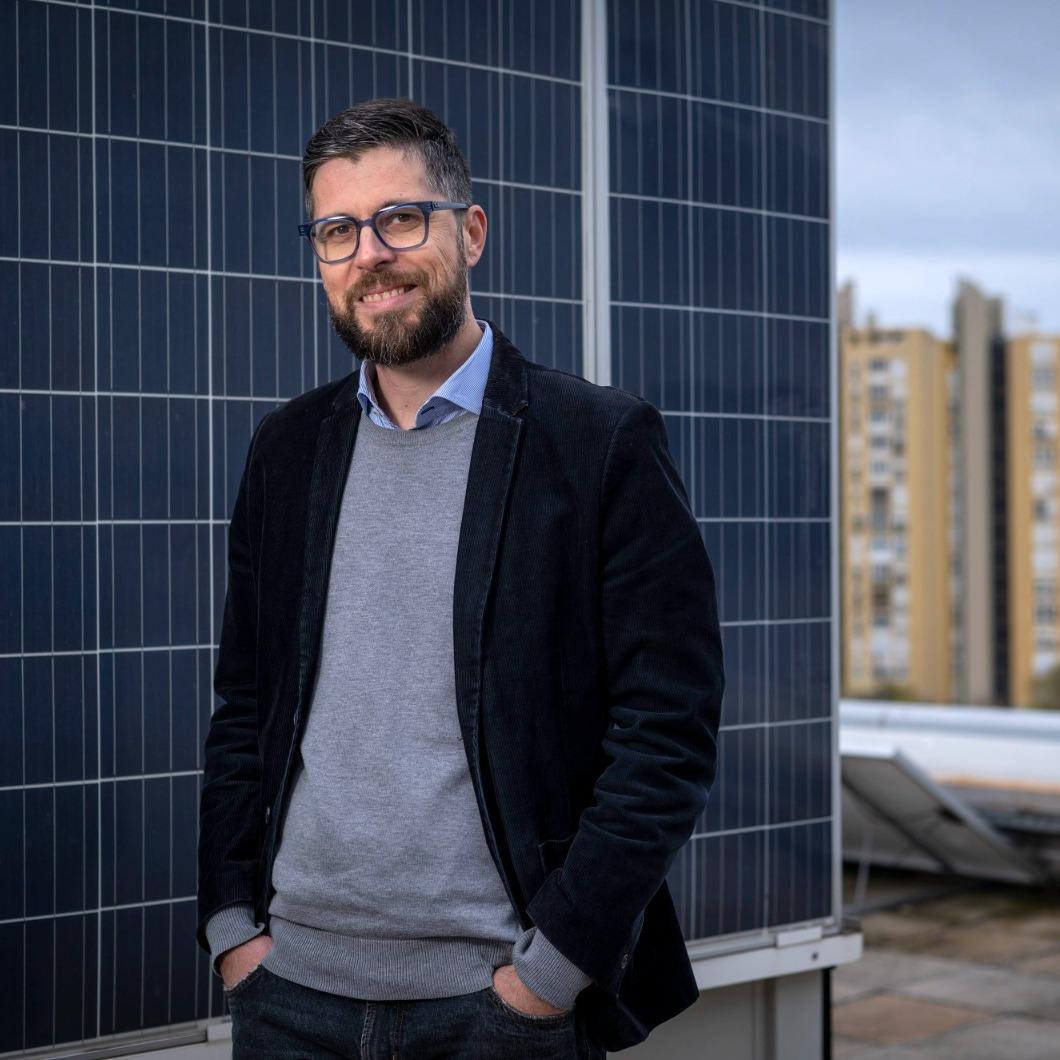Prof. Sandro Nizetic

University of Split, FESB
Department of Mechanical Engineering and Naval Arhitecture
Split, Croatia
Prof. Dr. Sandro Nižetić is a Full Professor at the Faculty of Electrical Engineering, Mechanical Engineering and Naval Architecture (FESB) at University of Split (Croatia). His research is in the field of thermodynamics, energy, energy efficiency in buildings, smart technologies and renewable energy sources. He has twenty years of the teaching experience and from 2005 he is an ASHRAE member and also ASHRAE student branch advisor at University of Split. He has worked on various projects related to the implementation of energy efficiency measures in public buildings under the auspices of UNDP (United Nations Development Programme). He was also the head of the several national research’s projects. He also served as a Deputy Minister in the Ministry of Construction and Spatial Planning in the Croatian government, and also as Vice Dean of Research at FESB. Prof. Dr. Nižetić has organized and chaired several international conferences (IEES, ICH2P,SpliTech,ICRIC, GCGW-21,PRES-22 etc). He is the Editor-in-Chief of the Energy Sources Part A (Taylor&Francis), Subject Editor in Energy journal (Elsevier), Associate Editor of Solar Energy Journal (Elsevier). Prof. Dr. Nižetić has published over 200 research and conference papers, as well as several techno-economic professional case studies and has visited several research and educational institutions worldwide as visiting researcher or as visiting lecturer. He has organized over thirty SI in various journals, and he serves as editorial board member of various reputable international journals such as Energy, Energy and Buildings, Cleaner Technology and Environmental Policy, etc. For his research work he received several major awards including the Croatian State Prize for the research for 2016 and 2021, as well as also Rector prize for the research from the University of Split for 2018 and 2020. Based on the Stanford and Elsevier ranking list he was among 2% of the World's top cited scientist in 2019, 2020, 2021 and 2022 for single year and overall career from 2021 onward. He is member of Croatian Academy of Engineering. Full publication records available at Scopus (h-index=52): for list of publication please use ORCID: 0000-0001-6896-4605 Google Scholar: https://scholar.google.com/citations?user=BtHI3X8AAAAJ&hl=hr&oi=ao
Photovoltaic technologies and applications in ongoing energy transition
Currently the leading globally overall installed renewable energy capacities are directed to the photovoltaic (PV) technologies. There is planned significant rise in installed photovoltaic capacities in upcoming decades and which is strongly supported by projections from major and relevant forecasting institutions and associations worldwide. Currently, the leading market available photovoltaic technology is based on the use of silicon, and which is the oldest, however the most reliable and the most used PV technology nowadays. They are ongoing efforts of the research community to develop novel and more efficient photovoltaic technologies, but in this stage, unfortunately, still they are not market available novel PV technologies that can compete with traditional silicon-based PVs. The critical issue for novel PV technologies is usually related to the techno-economic and environmental aspects. Beside development of the novel photovoltaic technologies, some other strategies could be also applied and that can bring improvement in energy conversion efficiency of PVs, as well as increase in their lifetime. One such strategy can be for example obtained by implementation of specific cooling techniques for photovoltaics. There are also efforts to further expand implementation of the silicon-based photovoltaics in the form of the floating photovoltaics, agrivoltaics, or in the form of the more advanced photovoltaic-thermal systems (PVT). When considering the overall ongoing and planned installed photovoltaic capacities and considering their lifetime, the recycling of photovoltaics becomes an issue that needs carefully to be approached. Moreover, the production processes of photovoltaics are also causing specific environmental footprints that also needs to be considered and minimized. The plenary lecture will tackle and discuss all previously mentioned issues and specific aspects related to the market available photovoltaic technologies.